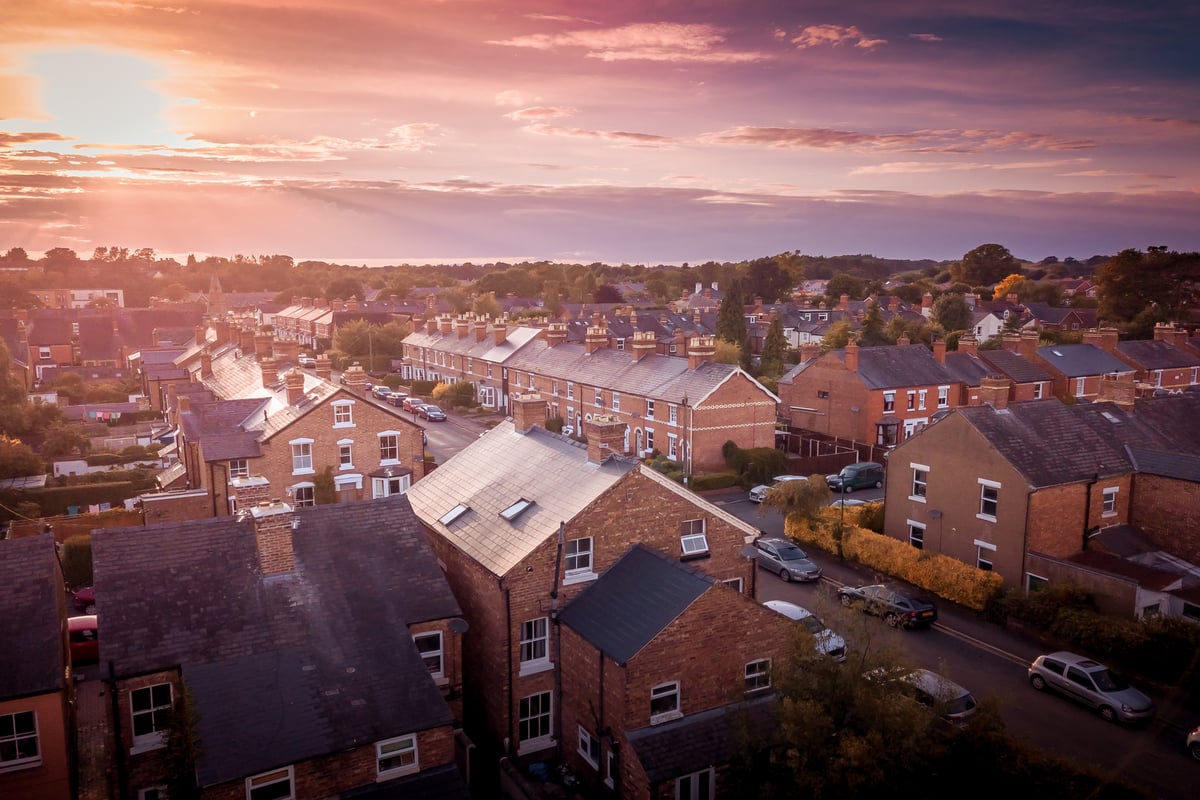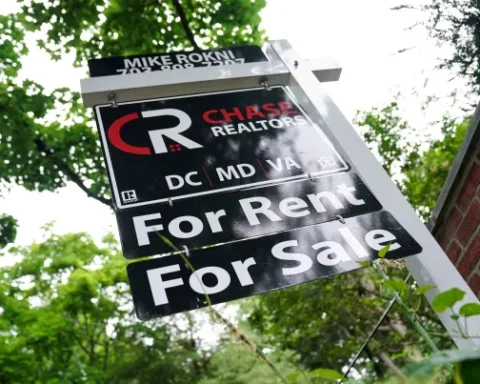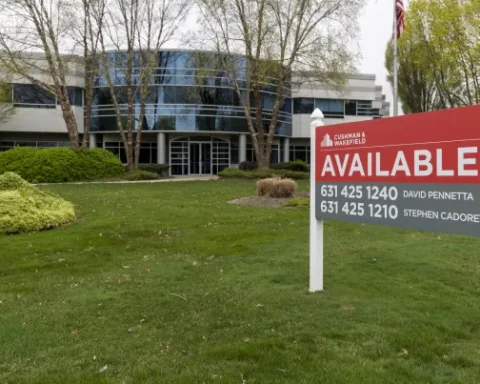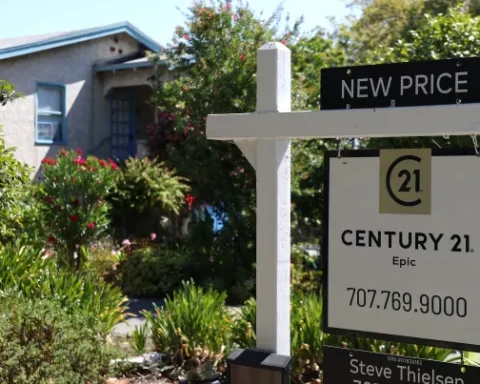A father of two and the sole breadwinner in his family, describes the current financial climate as devastating due to the constant rise in the interest rate of his home loan. He is among the 1.4 million UK residents with a variable rate residential mortgage who have experienced a surge in monthly payments following the Bank of England’s base rate hike to a 15-year high.
The recent increase of 0.25 percentage points by policymakers, on the heels of last month’s 50 basis point jump, took the base rate to 5.25%. This has resulted in homeowners allocating hundreds of additional pounds to cover impending bills, a software engineer residing in Slough, Berkshire, might need a second job, possibly a flexible role like delivering for Uber Eats, to balance his finances while maintaining family time.
Despite earning a comfortable annual salary of £80,000, John feels the pinch of the rate rises and soaring costs of necessities like food and energy. Like many others, he opted for a variable-rate mortgage when fixed rates seemed unappealing under Liz Truss’s tenure.
Around half of those with variable rate mortgages have tracker or discounted rate deals tied directly to the base rate. The remaining 50% are on standard variable rates (SVRs), which can increase at the lender’s discretion, typically in response to the Bank of England’s actions.
Due to these rate hikes, payments have escalated from an initial £1,400 to a forthcoming £2,770. The increased costs of energy and food have compounded his financial strain. Despite negotiating a 3.3% discount with his lender, taking his rate to 5.89%, the economic uncertainty forces him to keep a close eye on interest rate predictions.
Sophie Mohamed, a TV producer, has also been impacted. She had plans to upgrade her home after becoming pregnant in March 2021, but her flat in Bethnal Green, east London, remains unsellable until cladding inspections are finalized. As a result, she is burdened with a soaring variable rate that has jumped from 1.68% to 6.68%. The rental income from the flat fails to cover her mortgage and service fee payments, which have doubled in the last six months.
The situation forces Sophie into an uncomfortable position as a reluctant landlord, compelled to consider a rent hike that could jeopardize her relationship with her current tenants. The increased childcare costs further stress her finances.
Liz*, a journalist who moved from London to Cardiff for work, shares a similar story. She is grappling with a rise in mortgage payments on her unsellable, shared-ownership London flat and the rent for her home in Wales. Interest rate increases have driven her monthly payments from £810 to £1,147, depleting £20,000 of her savings and compelling her to borrow from her parents.
With the bank indicating a new rate of 8.49% effective from 1 August, Liz anticipates further financial pressure. She admits, “Every little rise is reflected in much higher terms for us,” underscoring the struggle UK homeowners with variable rate mortgages face.
The constant rise in interest rates, coupled with the increasing costs of essentials, has put homeowners with variable-rate mortgages in the UK in a precarious situation. The economic pressure has them juggling extra jobs, depleting savings, and considering drastic measures to make ends meet. As the base rate rises, the implications for these homeowners grow, emphasizing the need for well-informed decisions and comprehensive financial planning.







